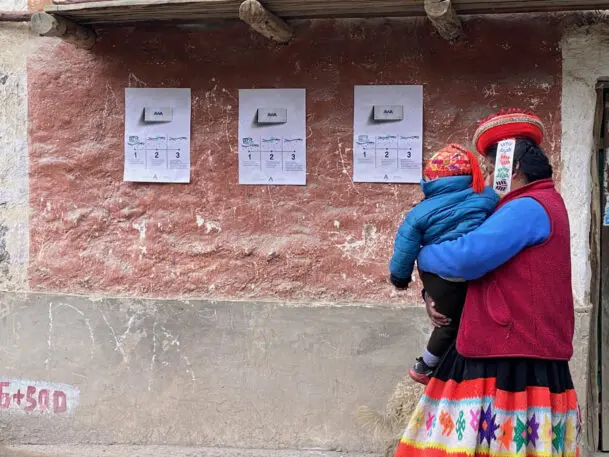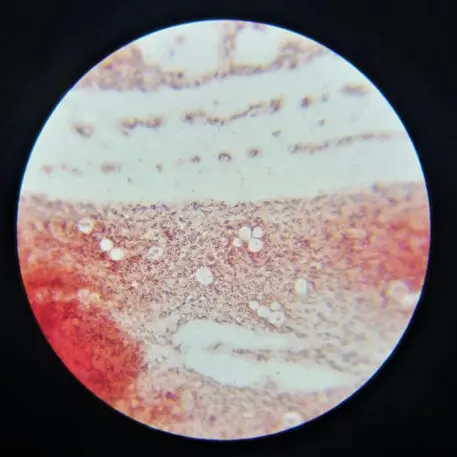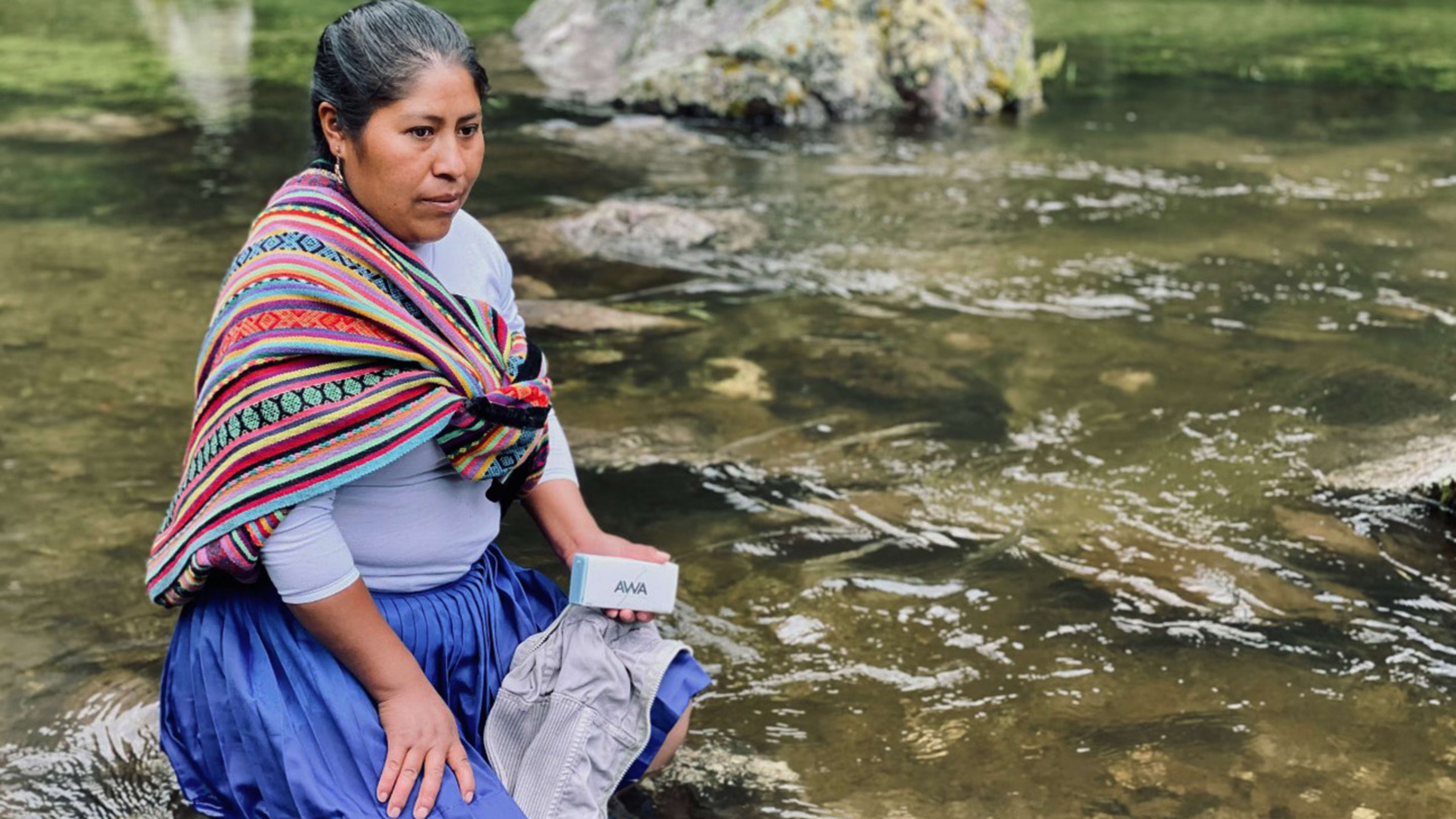In parts of Peru, it’s still common to wash laundry in rivers and streams, both because of tradition and because millions of people don’t have running water at home. Using laundry soap can pollute the same water that people also rely on for drinking, cooking, or bathing. But a new kind of probiotic soap was designed to help clean the water instead.
“The idea is very simple: take advantage of the Andean cultural heritage of washing their clothes in the rivers, so the rivers can be cleaned,” says Ricardo Chadwick, partner and creative director at the creative agency Fahrenheit DDB, which partnered on the project with Andea, a bottled water company, and a Peruvian startup called Cirsys.


After a pilot project to test the soap, the partners now hope to convince soap manufacturers to incorporate the technology. “Now that we have confirmed its effectiveness, our goal is to transfer the rights of the formula to a major soap manufacturer, or even government social programs, so it can be available to as many people it can reach, at an affordable price,” says Chadwick. “The potential of this project is huge. Companies like P&G or Unilever could make this a reality all over Latin America, Africa, and Asia—three continents where washing clothes at the riverbanks is still a tradition.”
Recognize your brand’s excellence by applying to this year’s Brands That Matter Awards before the early-rate deadline, May 3.
